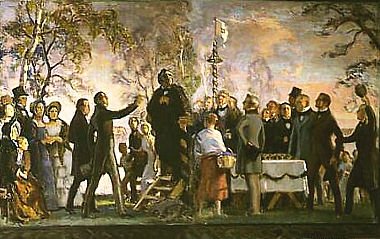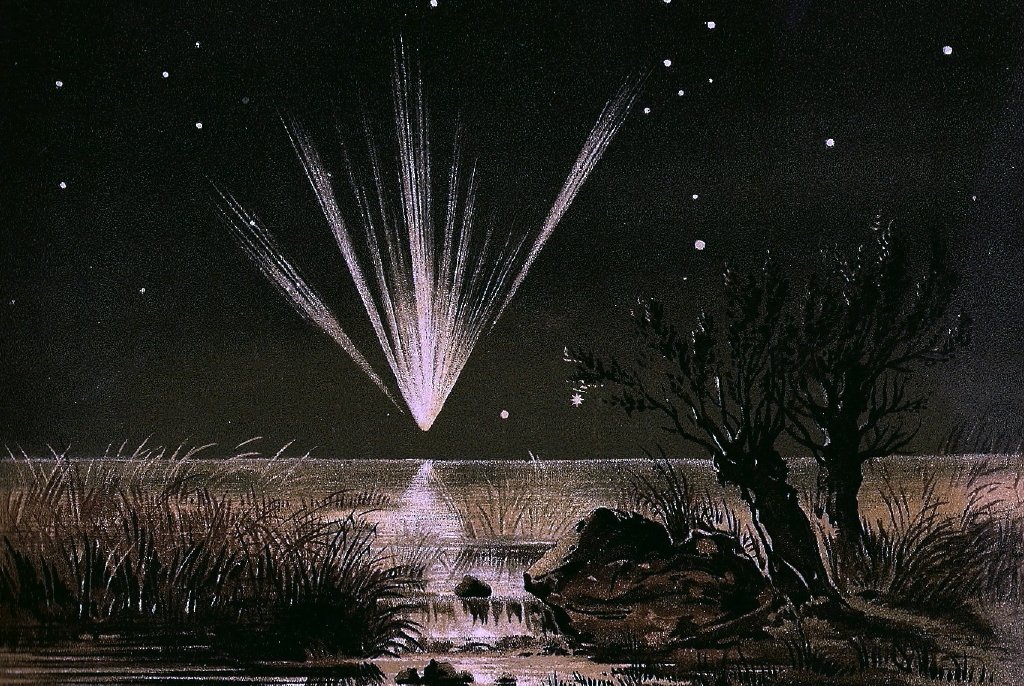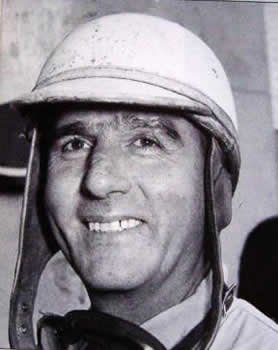This Day in History is DUE’s daily dose of trivia for all the history buffs out there. So sit back and take a ride to all the fascinating things that happened today!
People are trapped in history and history is trapped in people, and hence, every day has been a significant one in the foibles of History. Let’s take a tour of “This Day in History – 13th of May”.
1777 University library at Vienna opens
It was only during the reign of Empress Maria Theresia, on this day in History, that the university library was reopened; its holdings consisted largely of the books from the dissolved Jesuit monasteries. The most valuable books remained at the court library.
1779 War of Bavarian Succession ends
The War of the Bavarian Succession was a dispute between the Austrian Habsburg Monarchy and an alliance of Saxony and Prussia over succession to the Electorate of Bavaria after the extinction of its ruling House of Wittelsbach.

1830 Republic of Ecuador is founded, with Juan Jose Flores as president
Juan José Flores y Aramburu was a Venezuelan military general who became Supreme Chief, and later the first President of the new Republic of Ecuador. Later, he served two more terms from 1839 to 1843 and from 1843 to 1845. Therefore, he is often referred to as “The Founder of the Republic”.
1848 First performance of Finland’s national anthem

The Finnish national anthem, with words by Johan Ludvig Runeberg and music by Fredrik Pacius, was first performed in 1848 by students celebrating Flora Day (May 13) in a meadow belonging to Kumtähti Manor in Helsinki.
1861 Queen Victoria announces Britain’s position of neutrality in the American Civil War
On this day in History, Queen Victoria issued the proclamation of neutrality stating that the government of Great Britain would remain formally neutral in the United States’ domestic affairs for the remainder of the war and instructed British citizens to observe this neutrality.
1861 The Great Comet of 1861 is discovered by John Tebbutt of Windsor, New South Wales, Australia

It was categorized as a great comet—one of the eight greatest comets of the 19th century. It was discovered by John Tebbutt of Windsor, New South Wales, Australia with an apparent magnitude of +4, a month before perihelion (June 12).
1884 Institute for Electrical & Electronics Engineers (IEEE) forms in New York
The AIEE was born in New York and quickly gained recognition as a representative for American electrical engineers. From the beginning, the major interests of the AIEE Institute were wire communications and light and power systems.
1888 Princess Isabel of Brazil signs “Lei Auréa” abolishing slavery
In May 1888 the Brazilian parliament passed, and Princess Isabel (acting for her father, Emperor Pedro II) signed, the lei aurea, or Golden Law, providing for the total abolition of slavery. Brazil thereby became the last “civilized nation” to part with slavery as a legal institution.
1916 1st observance of Indian (Native American) Day
The first American Indian Day in a state was declared on this day in History by the governor of N.Y. Several states celebrate the fourth Friday in September. In Illinois, for example, legislators enacted such a day in 1919.
1942 Helicopter makes its 1st cross-country flight
The helicopter makes its 1st cross-country flight; Igor Sikorsky’s XR-4 flew from Stratford, Connecticut to Wright Field, Ohio for delivery to the US Army – Sikorsky on left with Orville Wright at Wright Field in May 1942 with the XR-4.
1950 First ever race of the Formula 1 World Drivers Championship is run at Silverstone, England
The 1950 Formula One season was the fourth season of the FIA’s Formula One motor racing. It featured the inaugural FIA World Championship of Drivers[1] which commenced on 13 May and ended on 3 September. Above all, it was won by Giuseppe Farina of Italy in an Alfa Romeo. Watch the clipping here.

1952 The Rajya Sabha, the upper house of the Parliament of India, holds its first sitting
The Rajya Sabha held its first sitting on this day in History. The Rajya Sabha meets in the eponymous chamber in Parliament House in New Delhi.
1967 Zakir Husain is elected the third President of India

Zakir Husain Khan was an Indian economist and politician who served as the third President of India, from 13 May 1967 until his death on 3 May 1969. He previously served as Governor of Bihar from 1957 to 1962 and as Vice President of India from 1962 to 1967.
1983 Reggie Jackson is 1st major leaguer to strike out 2,000 times
Many pitchers had achieved 2,000 Ks, but in 1983—for the first time—a batter struck out for the 2,000th time. It was on May 13, 1983, that Reggie Jackson fanned for the 2,000th time. Striking out that many times takes some doing.
2020 COVID becomes omnipresent in Africa
Every African country now has cases of COVID-19 as Lesotho becomes the last county on the continent to record a case.
For further updates, follow the “This Day in History” section.
